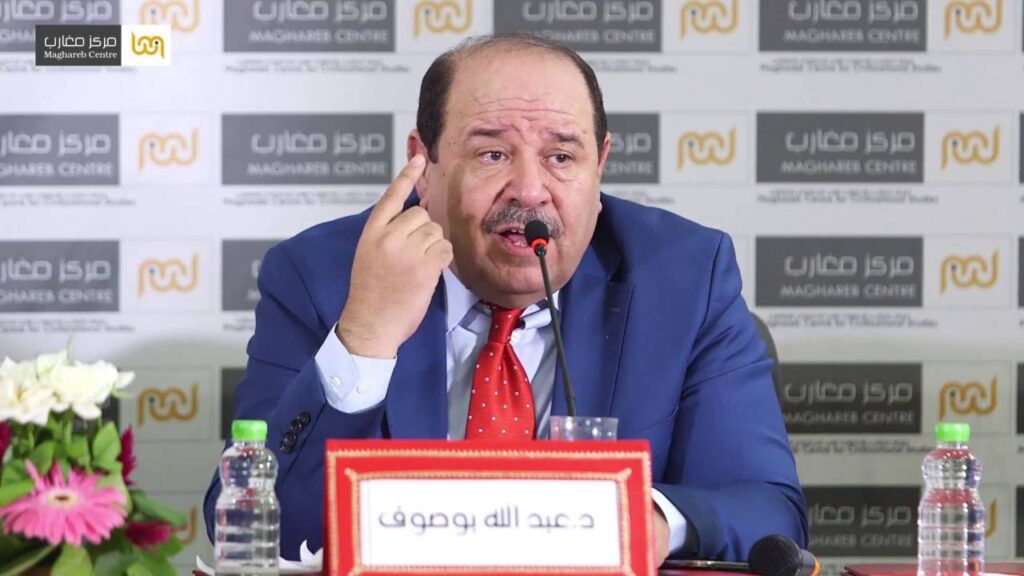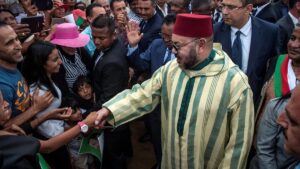The birth pangs of the new world order and the race for geostrategic alliances
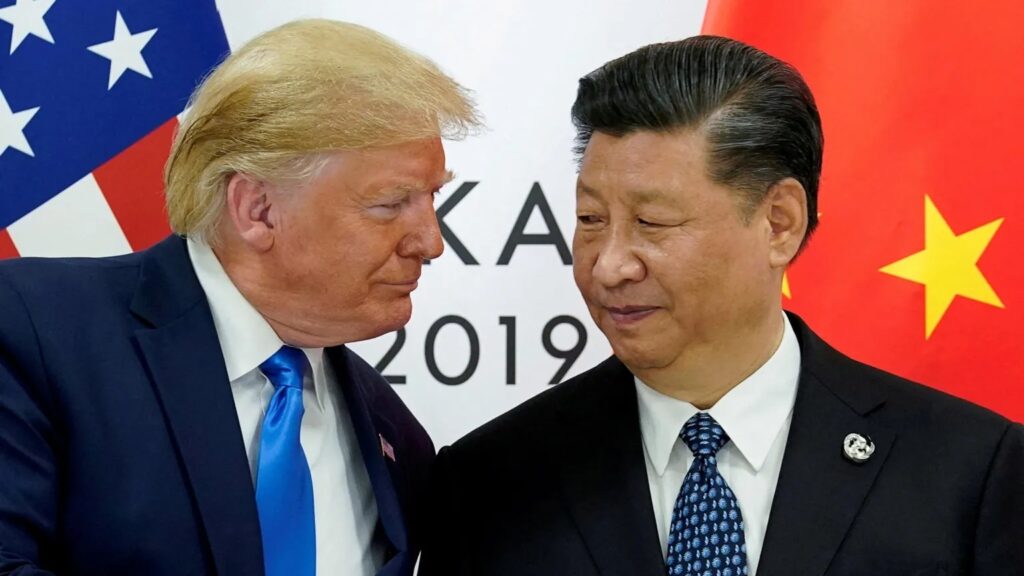
Dr. Abdullah Boussouf (Historian, Secretary General of the Council of the Moroccan Community Abroad)
The world is witnessing a frenzied race for geostrategic alliances at a strong and accelerating pace, amidst a massive number of conflicts, wars, and crises everywhere. These are the result of the accumulation of two or more decades of political events and financial and economic crises. The world has become mired in a real impasse, torn between conflicting interests and conflicting strategic concepts such as national identity and international cooperation, threatening the foundations of the global order and accelerating its transformation.
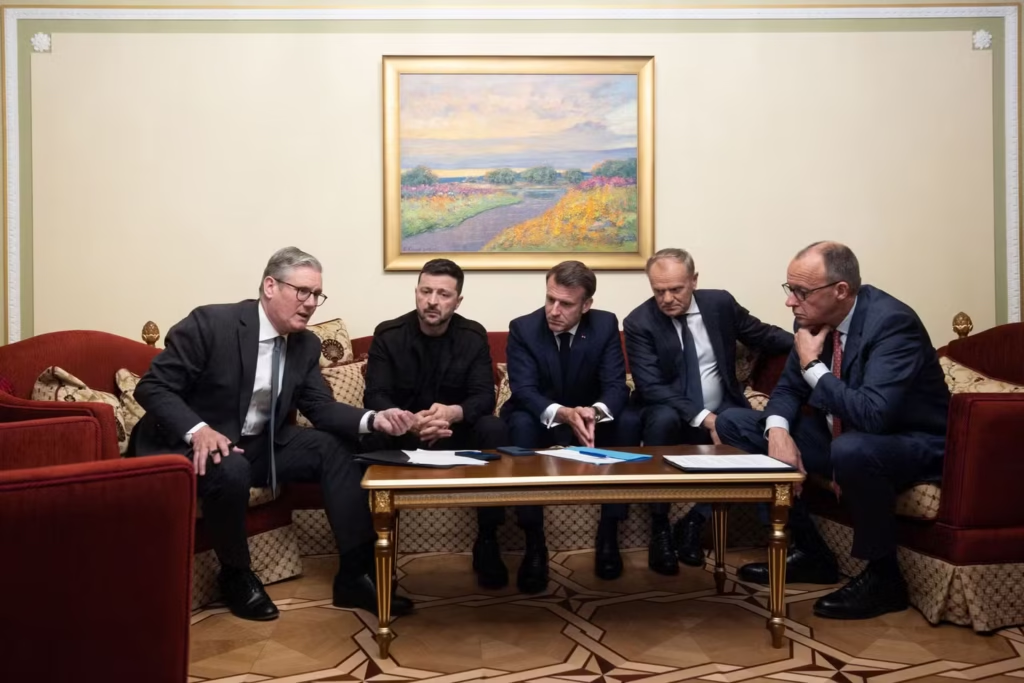
While some European Union countries are experiencing financial and economic crises that threaten social and political repercussions, France witnessed a pivotal moment with the fall of Prime Minister François Bayrou's government in the French National Assembly on September 8, 2025. Bayrou failed to secure a vote of confidence to pass the 2026 budget, amid widespread controversy over the public debt reaching €3.345 billion in 2024 and the budget deficit rising to 5.81%, exceeding the European ceiling of 3.1%. This scenario recalls the scenario of the Greek crisis in 2012. The situation was similar in Britain, where public debt rose to more than £2.537 billion, placing the Strummer government in the crosshairs of the opposition and the press, which likened the situation to the 1976 crisis when James Callaghan was forced to borrow from the International Monetary Fund. Italy's debt exceeded €3.070 billion, while German Chancellor Friedrich Merz criticized the social welfare system, deeming it an unbearable financial burden. In a similar vein, Hungarian Prime Minister Viktor Orbán declared in a speech in Kocsis that the European Union had entered a state of collapse, criticizing its inability to find effective solutions to the financial crises and the rise of right-wing movements that threaten European unity.
The cumulative effects of the 2008 crisis, the COVID-19 pandemic, the Ukraine war, energy and pipeline wars, rising electricity prices, and the increase in arms budgets to 31% of GDP, in addition to the US trade war against EU exports, have exacerbated the pressure on the economies of major countries such as France, Germany, Italy, and the UK, which form the backbone of the G7. These countries now face difficult choices: either cut social spending and undermine the welfare state, or raise taxes on corporations and the wealthy, threatening domestic stability.
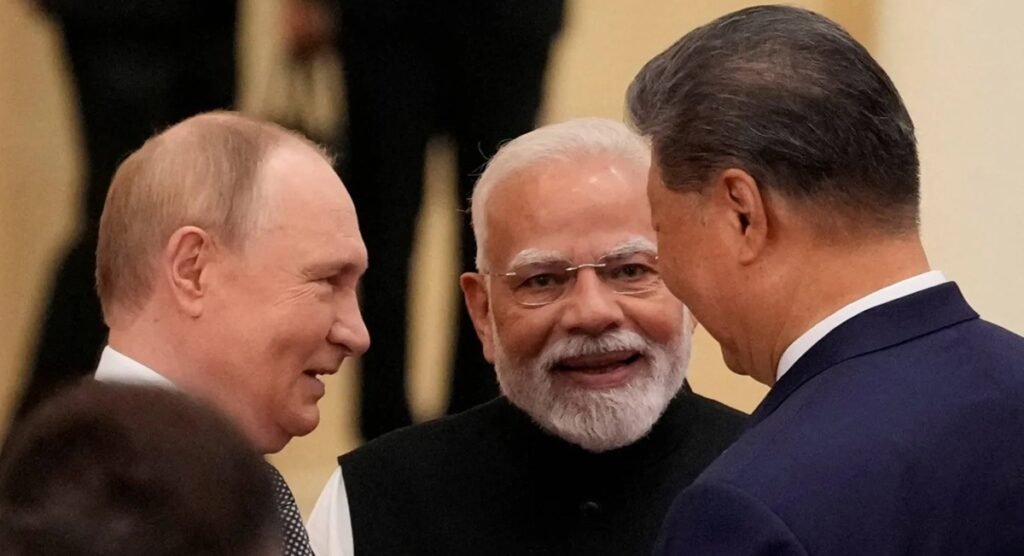
In contrast, major strategic moves emerged from Russia, China, the BRICS countries, and the Shanghai Cooperation Organization. The organization held its 25th meeting in southern China on September 1, 2025, with the attendance of the leaders of China, Russia, India, Belarus, the four "Stan" countries, and Pakistan, along with Iran and Turkey, and 26 heads of state and representatives of international organizations, including UN Secretary-General António Guterres. This organization represents 401% of the world's population and a huge market for production, consumption, and energy resources. Russia and China are also nuclear powers and permanent members of the Security Council. The meeting coincided with a massive Chinese military parade, during which Chinese President Xi Jinping delivered a speech explicitly calling for the establishment of a new multipolar world order based on justice and cooperation, in the face of what he described as "old hegemony." The summit also featured a lengthy bilateral meeting between Putin and Xi regarding the war in Ukraine, as well as talks between Putin and Indian Prime Minister Narendra Modi on strategic relations after Washington raised tariffs to 501% on Indian exports.
In the face of these transformations, it becomes imperative for the countries of the African Union, the Arab League, and the Maghreb Union, particularly within the Atlantic Initiative, to work to build integrated partnerships that strengthen their negotiating positions and establish win-win relationships. Here, we recall the words of the Royal Message addressed to the 82nd session of the International Law Institute, held in Rabat (August 24, 2025): "But we also realize that no significant progress can be achieved in isolation. International dynamics are not simply balances between states; rather, they are based on consensual values and principles, and are founded on institutions capable of organizing cooperation and ensuring the sustainability of these principles."
The world is still experiencing the difficult birth of a new world order, but the greatest fear remains that social policies, the well-being of peoples, and the stability of societies will be the price paid in this struggle, in light of the rise of racist ideology and the far-right tide.
